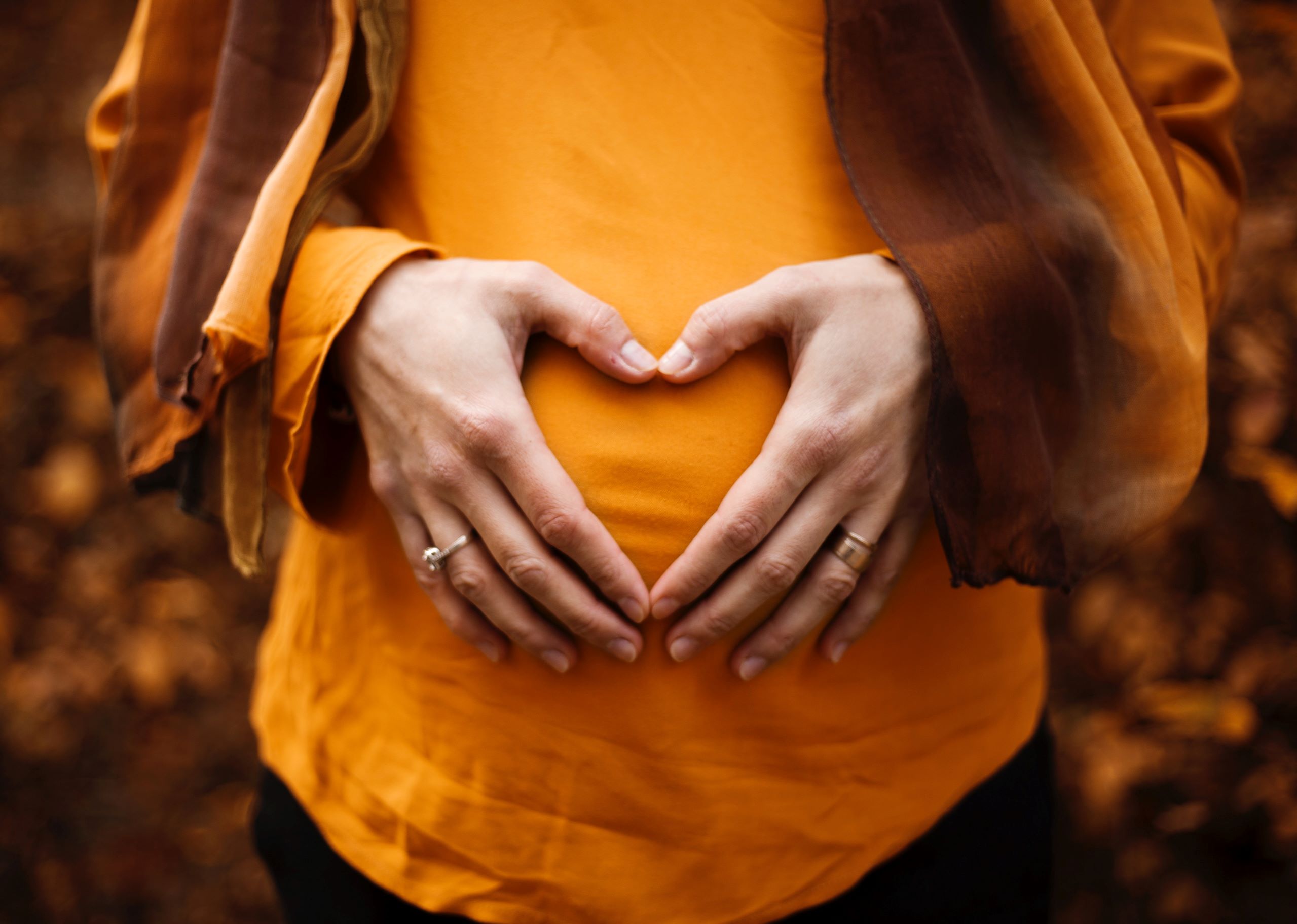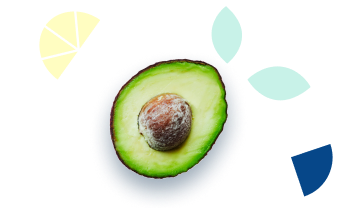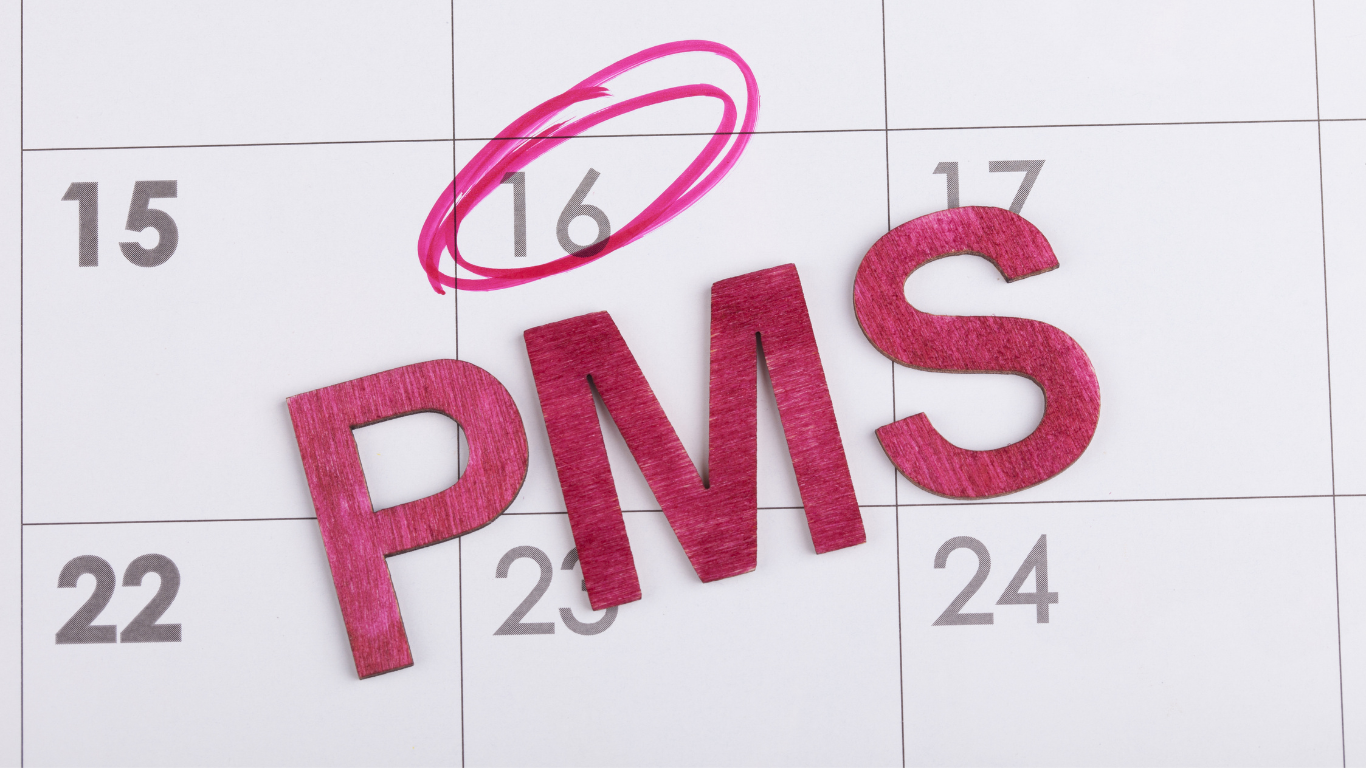
Disclosure: This blog post contains some affiliate links. The author will receive a small commission through some of the highlighted products but this did not influence which products have been recommended. Where discount codes have been provided, the author will not receive benefit as a result of you utilising the code – it’s just a gift for you!
Are you undergoing, or considering In Vitro Fertilisation (IVF)? If so you might be wondering what the best foods for IVF are, so you can do everything within your power to support your chances of a successful cycle. Nutrition and lifestyle can have a significant impact on the outcomes of IVF. Let’s look at the latest research to help you create an optimal IVF diet.
Nutrition for IVF
When going through fertility treatment it may feel like everything is out of your control, and this can be a major source of frustration and anxiety. Our first piece of advice for preparing is to take control of what you can.
Research shows that creating an optimal IVF diet can help support success in many different stages of treatment
An IVF-optimised diet can;
- Improve response to ovarian stimulation – the number of oocytes (eggs) harvested.
- Increase embryo yield and quality – the number and quality of fertilised cells created.
- Helps to improve semen quality and concentration – which influence the likelihood of fertilisation and the number of embryos that develop into blastocysts (the 2nd stage of embryo development).
- Support increased implantation rates – how effectively the fertilised egg attaches to the uterine wall.
- Decrease the risk of miscarriage.
- Increase the number of healthy babies born using ART.
- Research has unequivocally demonstrated the correlation between a pro-fertility diet and significant improvements in IVF outcomes. Couples undergoing IVF or ICSI who embrace a fertility-friendly diet and lifestyle experience a remarkable 40% higher pregnancy rate compared to those who don’t.
Research has unequivocally demonstrated the correlation between a pro-fertility diet and significant improvements in IVF outcomes. Couples undergoing IVF or ICSI who embrace a fertility-friendly diet and lifestyle experience a remarkable 40% higher pregnancy rate compared to those who don’t.
It’s never too soon to start optimising your IVF nutrition. Eggs take up to 3 months to mature and sperm takes 2 and a half months and what you eat helps to optimise how they develop! Start preparing your body from the outset by eating the best diet for IVF as soon as you feel ready.
The best foods for IVF
Let’s go into a bit more detail about what the best foods for IVF are. To start we recommend including;
- A wide range of fruits and vegetables
- Plenty of protein from fish, plant sources, and lean meat
- Unsaturated Fats
- Wholegrains
- Soy
The Best diet for IVF – A Mediterranean style diet
Evidence shows that adherence to a Mediterranean diet is associated with a 40% increased probability of success in achieving a pregnancy through IVF with a recent meta-analysis suggesting that the chance of a live birth following IVF could be up to two times higher for those adhering to a Mediterranean-style diet
The dietary approach provides a nutrient-dense foundation that supports fertility and IVF success.
Our IVF superfood recommendations include:
- A mixture of different coloured fruits and vegetables in your IVF diet provides a range of micronutrients and antioxidants. These help protect the developing sperm, egg, and the endometrium (lining of the womb) from damage caused by oxidative stress – improving their quality. Give them a good wash to remove any pesticides.
- Lean protein sources. The Mediterranean diet includes fish, poultry, and vegetarian sources of protein like lentils, beans, and chickpeas. Some research suggests that increasing protein to around 25% of your daily intake may help the development of fertilised eggs. Another study found that a higher intake of protein from vegetarian sources may improve ovulatory function.
- Soy is a great plant-based protein. The amount a woman eats positively influences the chance of a live birth for those using ART.
- Olive, sunflower, and rapeseed oils are a key aspect of the Mediterranean diet. Include these unsaturated fats as part of your IVF diet to improve pregnancy rates.
- Whole-grain carbohydrates provide an important source of energy. A higher intake of wholegrains before implantation can increase the likelihood of implantation and live birth.
The best diet for IVF should include less processed food, red meat, added sugar, and saturated and trans fat.
As you embark on your IVF journey, consider adopting the principles of the Mediterranean diet to lay the groundwork for success. But remember, the journey doesn’t end there. To further enhance your chances of success, it’s essential to tailor your dietary approach to target the specific stages of the IVF process.
IVF Diet Meal Plan & Guide
Optimse each stage of your IVF journey with our expert advice and 2 weeks worth of recipes

Which drinks should be part of an IVF diet?
Proper hydration helps our bodies work at their best. It stands to reason that good hydration should be an IVF success tip too.
- Water – this is the best way to stay topped up, try adding mint, ginger, or lemon if you want extra flavour.
- A glass of milk. Women going through IVF who have 1 -2 portions of full-fat dairy (that includes cheese, yoghurt, and cream as well) have shown a higher rate of live births. On the other hand, men should consume low-fat milk to support sperm concentration and motility, so you may want separate bottles for a while.
Reduce intake of sugary and artificially sweetened drinks as well as caffeine and alcohol. These drinks have a negative effect on fertility for both men and women. Aim to keep your intake of these down.
The Takeaway
Evidence shows that what both women and men eat during IVF can improve outcomes at each of its stages. Our top IVF success tips are to follow a Mediterranean diet packed with; a rainbow array of fruits and vegetables, lean protein, unsaturated fats and wholegrains and some soy. Reduce your intake of drinks containing sugar, artificial sweetener, caffeine or alcohol, using water and some full-fat milk to stay well hydrated.
If you would like to learn more about how nutrition can be targeted to support each crucial stage of the IVF journey check out our detailed evidence-based guide
IVF Diet Meal Plan and Guide which includes all the details you need on diet, lifestyle and supplements as well as 2 weeks’ worth of recipes. If you would like to know more about how supplements can complement your IVF journey, check out our blog The Best Fertility Supplements recommended by Ro Huntriss.
Last reviewed: July 2025
This article was written by the Fertility Dietitian UK content team and reviewed by Ro Huntriss MSc RD, Consultant Dietitian and Founder of Fertility Dietitian UK.



